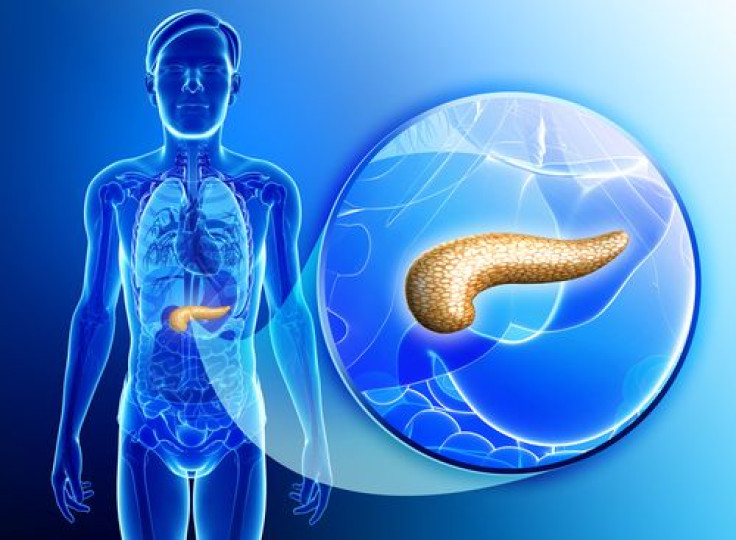Pancreatic Cancer Risk Factors: 9% Cases Genetic, Smoking Increases Risk In The Young

It’s the fourth most common cause of cancer deaths in America, claiming 39,590 lives and affecting an additional 46,420 men and women each year. Yet there is little we know about the exact causes of pancreatic cancer. Now, new research by doctors from the University of Glasgow, Scotland, attempts to shed light on factors that make individuals most vulnerable to this condition. The findings are published early online in Cancer, a peer-reviewed journal of the American Cancer Society.
Pancreatic cancer results when cells of the pancreas, an organ behind the stomach, turn carcinogenic. Risk factors include smoking, obesity, diabetes, and also genetic factors. Symptoms generally include loss of appetite, weight loss, blood clots, upper abdominal pain, yellowing of skin, and depression.
Strategies to identify individuals who may be at risk are urgently needed because of the poor prognosis associated with this condition. Even with early diagnosis, there is only a five-year survival rate of less than five percent. The need to identify individuals who are at greater risk is also because the symptoms do not manifest until the disease is already at an advanced stage. By the time it is diagnosed, the cancer has spread to other parts of the body.
Even though five to 10 percent of the cases are linked to inheritance, scientists have so far been unable to determine the exact genes responsible for such inherited predisposition. To get a better understanding of the clinical features of inherited and non-inherited forms of the disease, Andrew Biankin and his colleagues studied 766 patients who had been diagnosed with pancreatic cancer.
Patients were thought to be genetically vulnerable if they had one or more relatives who were also affected with first-degree cancer. In other cases, the occurrence was considered sporadic.
Of the 766 tracked, nearly nine percent who were diagnosed with pancreatic cancer had at least one blood relative, such as a parent or sibling, also suffering from it.
On examining the pancreatic tissue adjacent to the cancer in all study participants, the team found more pre-cancerous tissue in those whose first-degree relatives also had pancreatic cancer. The research suggested that members of these families were also at a higher risk of developing other cancers, including melanoma and endometrial cancer. Apart from inheritance, smoking was the most common risk factor for developing the condition, and it affected significantly younger people.
"These findings are important because they suggest that the genes we inherit from our parents likely play a significant role in our lifetime risk of developing pancreatic cancer," Biankin said in a statement. "Secondly, they emphasize that when assessing someone's individual risk of developing pancreatic cancer, it may be important to assess not just family history of pancreatic cancer but other malignancies, too. Finally, our data emphasize the importance of smoking abstinence."
Source: Biankin A, Humphris J, Johns A, et al. Clinical and pathological features of familial pancreatic cancer. Cancer. 2014.



























